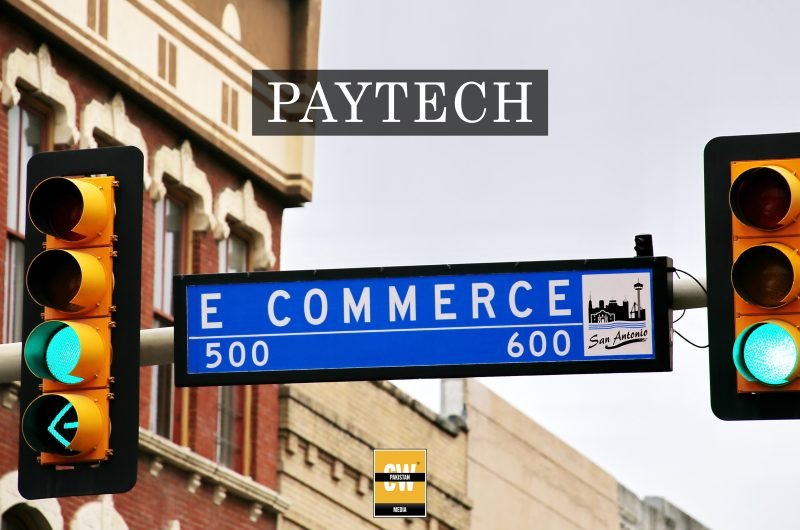Pakistan’s banking sector has seen a notable shift with the launch of the Mashreq Bank as a digital bank. This follows the State Bank of Pakistan’s (SBP) introduction of a digital banking framework in March 2022, which set the foundation for a more digital future in banking.
The framework was designed to reduce costs traditionally associated with physical bank branches, making digital banking a more feasible option. In response, 20 institutions, including major banks such as HBL, UBL, Alfalah, and JS, as well as fintech companies and business consortiums, submitted applications.
By January 2023, the SBP issued no-objection certificates (NOCs) to five institutions—Easypaisa, Hugo Bank, KT Bank, Mashreq Bank, and Raqami Bank—authorizing them to proceed with their digital banking plans.
In September 2023, the SBP granted in-principle approvals for these institutions to move forward with their operations. Mashreq Bank, a well-established player in the Middle East, became the first to receive a restricted license for pilot operations. This license allows the bank to begin offering services under SBP supervision, marking a key step in the development of digital banking in Pakistan.
Mashreq Bank’s progress is not unexpected, given its experience in digital banking in the Middle East, where it has provided digital banking solutions to startups and small businesses. While the bank is not as well-known in Pakistan as other institutions like Easypaisa, its regional reputation and expertise have helped it take the lead in the digital banking space here.
The introduction of digital banks in Pakistan has the potential to improve financial inclusion, lower costs, and offer more convenient banking services. With Mashreq Bank’s pilot operations now underway, the digital banking landscape in Pakistan is starting to take shape, and other institutions are likely to follow in the coming months. The success of these ventures will depend on how they integrate into the broader financial system and meet the needs of consumers.











